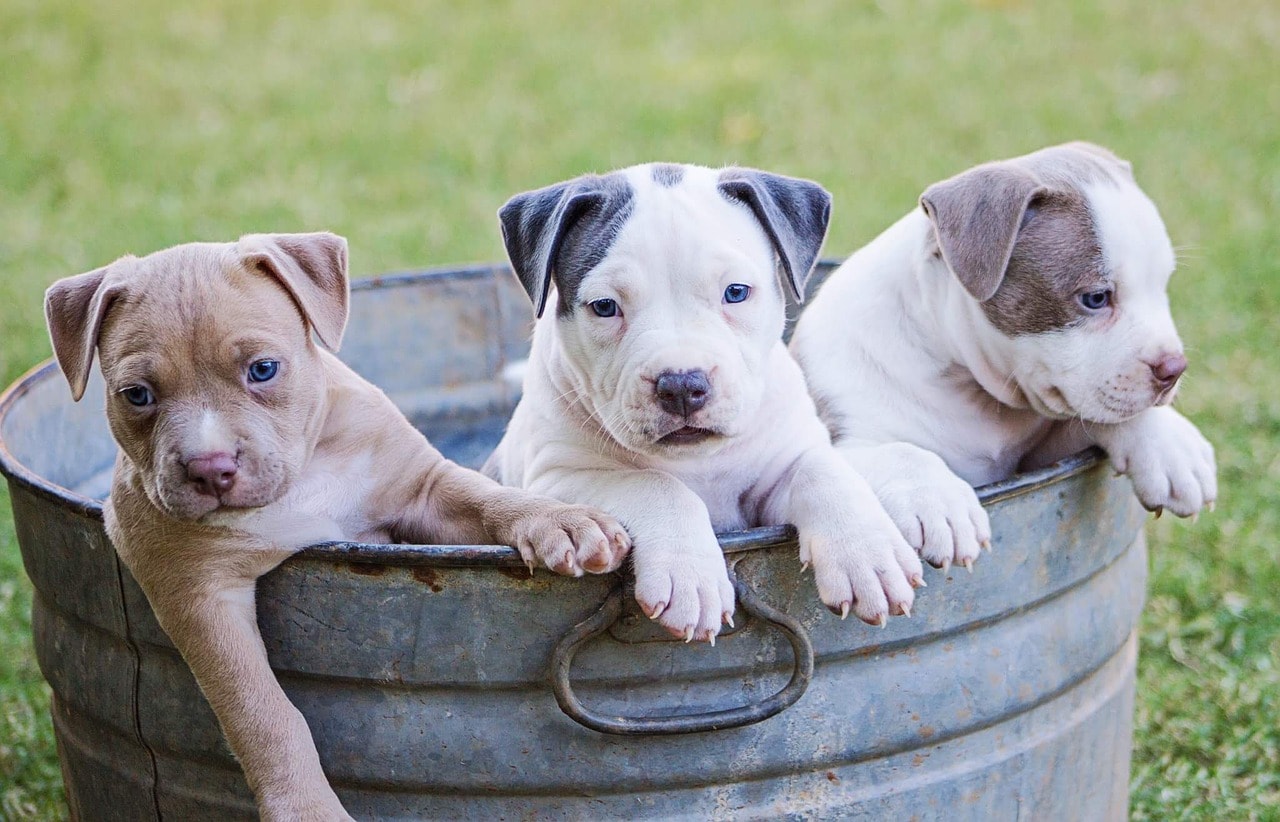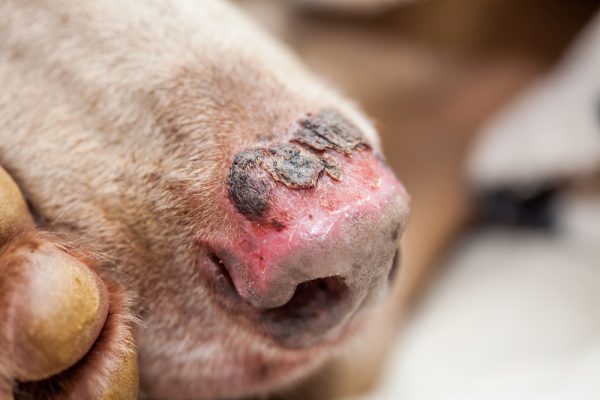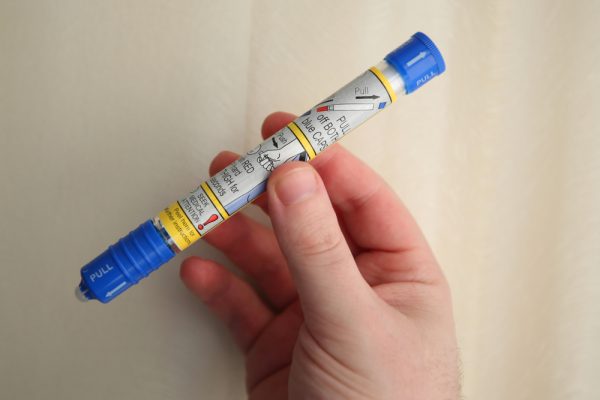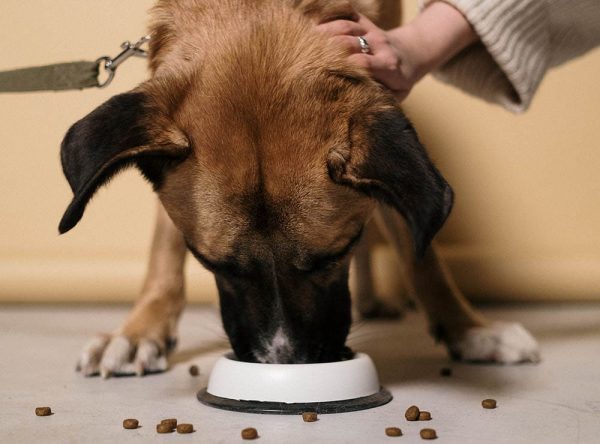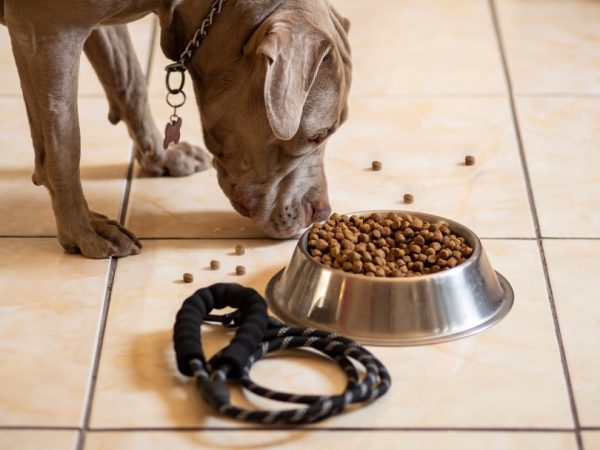In this article
When buying a dog from a breeder, you may hear about breeding rights. You may also be expected to sign some paperwork and read a contract. While you may be expecting to simply take your new pup home and get your life together started, understanding breeding rights, the paperwork involved, and the warnings that go along with them will be better for you and your pup in the future.
If you’re interested in learning more, read on below and we’ll discuss breeding rights for both buyers and breeders to help you understand their importance.

What Are Breeding Rights?
Dog breeders can be found almost anywhere. The question is, are they ethical breeders who offer proper breeding rights for their dogs? Breeding rights cover your ability to breed and register the puppies of a bloodline born as part of the American Kennel Club (AKC) or other breeding clubs. These rights are mostly used by breeders to ensure their bloodline is developed properly when selling pups to outside parties. While these rights provide protections for both breeders and buyers, they also protect the dogs involved as well.

The Benefits of Breeding Rights for Breeders
Possibly the biggest benefit associated with breeding rights for breeders is protection for their bloodlines. Many breeders work hard to ensure healthy dogs when producing a bloodline. This means their animals are healthy and free of defects. For most breeders, this takes generations of dogs to build. Years of research, errors, and successes go into building a strong bloodline. This is why so many breeders are intent on controlling their bloodline even after pups are sold.
While breeders can control their bloodlines by deciding whether to offer breeding rights to people buying their pups, they can also make more money through dog sales. A dog breeder who is selling high-quality registered working or show dogs with full breeding rights earns more money on the pups they sell. This allows the family, or breeder, buying the dog full control of whether they are bred or not. Breeders who choose not to offer breeding rights, thus ensuring that their bloodline isn’t tampered with by outside parties, are left earning less money when they sell puppies. For many breeders, this isn’t an issue as the bloodline itself is usually more important than the money earned from sales.

The Benefits of Breeding Rights for Buyers
If you’re interested in buying a registered pup with the intent of breeding, breeding rights offer you several protections. With these rights, you can breed your pup and register the offspring. This allows you the same benefits as the original breeder when it comes to selling the pups. Unfortunately, if you bought a pup without breeding rights, or limited rights, from a breeder who wants control over the ambassadors of his bloodline, you’ll find registering your pups to be impossible.
Another benefit of breeding rights for buyers is healthier pups. Whether you intend on breeding the pup you’ve bought, placing them in shows, or simply keeping them as your best companion, breeding rights helps ensure the health of your new dog. Breeders who try to enhance their dog’s bloodlines do not register or offer breeding rights to pups born with health issues or defects. This helps them continue building their bloodline without worries of illnesses wreaking havoc on it.

The 5 Documents Involved with Breeding Rights
The paperwork needed by a party before they start breeding puppies is complex. This is to not only ensure the health of the dogs being bred but to also keep breeders ethical and thus better for their dogs. Here’s a look at the paperwork you’ll need to provide if you plan on breeding a puppy.
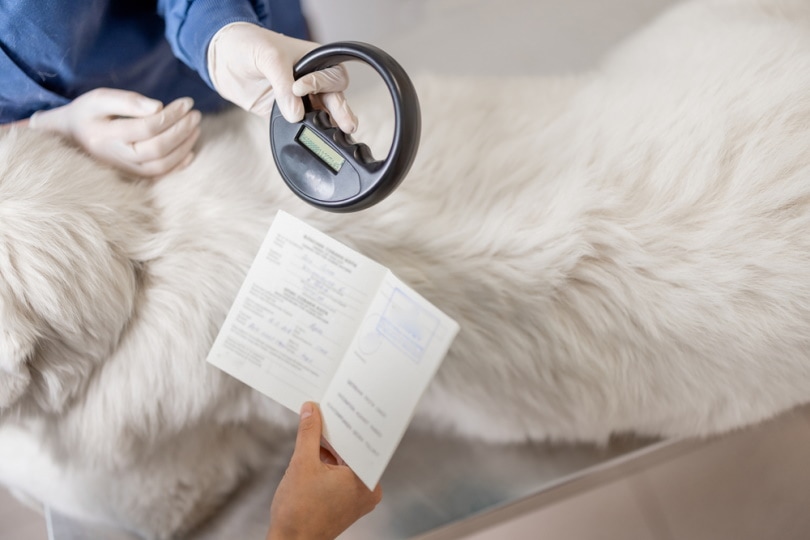
1. Full Registration
If you plan on breeding your dog and want both your female and her pups registered with the AKC, full registration is required. This registration proves to others that your pup is healthy and officially allowed to be bred. This piece of paperwork given by breeders automatically gives you breeding rights to do with your puppies as you wish.
2. Ownership Certificate
Dog breeders must prove the dogs they own are legally theirs. These documents will show others to whom the dog belongs. This certificate must be registered in the owner’s name and can be done by most legal providers.
3. Certification of Good Health
To show your dog is ready to breed, health tests are required to show that your pet doesn’t have any congenital diseases. During this process, your dog will need to endure several tests including phenotypic evaluations and genetic testing. Tests that look for breed-specific illnesses and defects will also be conducted.
For those in the United States, the Canine Health Information Center and the Orthopedic Foundation for Animals head up these certifications and required tests. Once the veterinarian has officially tested your dog, the results will be sent to these departments. When your pup is officially listed as free of diseases and defects, you will get a CHIC number to certify your pup’s standards.

4. Vaccine and Health Records
Health certifications are required but having your pup’s vaccine and health records handy is great too. This shows that you’ve taken your dog for all its required check-ups and kept all its important vaccines up to date. Potential buyers for pups will want to see this information when considering a purchase.
5. Pedigree Certificate
This certificate is one of the most important when selling a dog. This piece of paperwork shows your dog is authentic and purebred. These certificates also show information about your dog’s lineage. These documents provide up to three generations of bloodline information for potential buyers. They are also a great way to show you have complied with all the requirements of breeding your dog.

A Word of Warning
Knowing about breeding rights for dogs is important information if you’re considering buying a pup to possibly breed in the future. Remember to always ask for a full registration from the breeder, all health certificates and vaccine documentation, and of course the dog’s Pedigree Certificate. Breeders who provide these documents are ethical and great for bringing happy, healthy pups into the world. As a buyer, remember that without these documents and rights you will not be able to register your pup or any pups they may breed.


Closing Thoughts
Whether you are a dog breeder, or simply seeking a purebred dog to make part of your family, knowing about breeding rights and the paperwork involved is crucial. This information will help build stronger bloodlines and provide the world with pups that are at the top of all breeding standards.
See also:
- Limited AKC Registration vs. Full: What’s the Difference?
- Are Breed-Specific Laws Effective? Arguments For and Against
Featured Image Credit: Sarah Bolden, Pixabay
